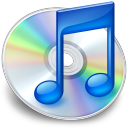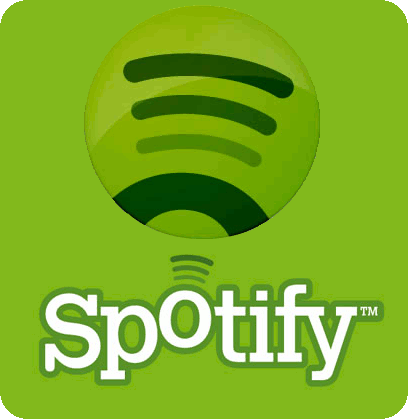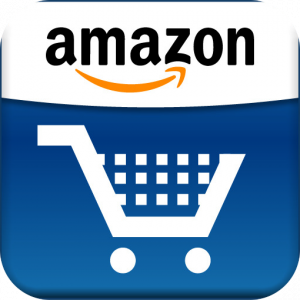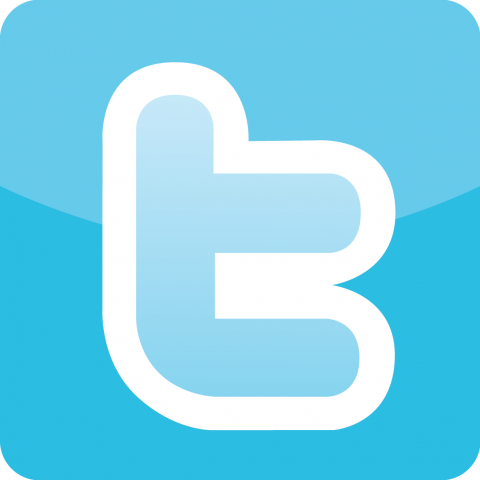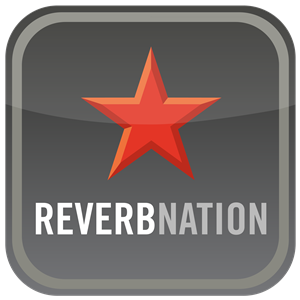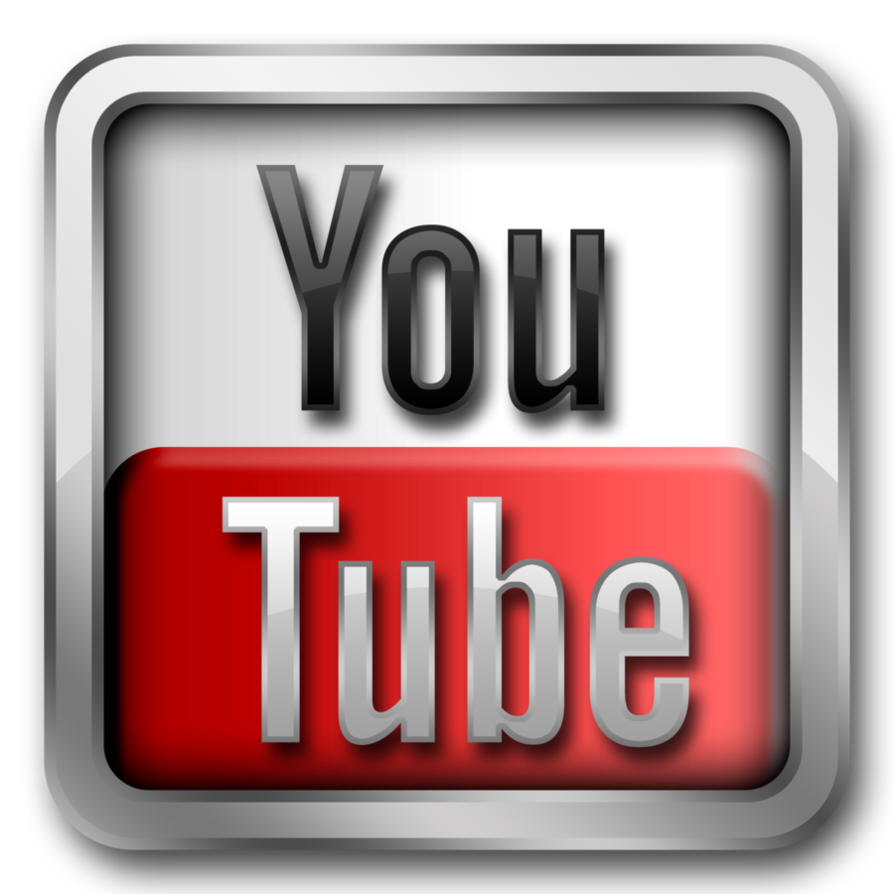I would definitely start with trying to book shows in your hometown initially but know that you aren’t limited to just one market. Every city is different and so is their taste in music. The same goes for venues. Many venues prefer emails so they can get back to you when they are free or during their booking times.
I spent a few years booking gigs and tours for indie bands and all sorts of acts across the country. I have probably booked thousands of shows and have seen all kinds of deals. I still do help some bands book shows on occasion since I built a list of around 1,400 venue contacts across the U.S. over the years. Booking these shows, I learned a lot about what venues are looking for in local or traveling bands, and the criteria they use to select acts.
Some venues will look solely at your social media numbers to gauge whether they think you are ready to play a show there. In the beginning, you aren’t going to have much to say here, so you need to work on growing your social media following on sites like Facebook (your band page), Twitter, YouTube, etc. I will go into how to do this more in a later chapter.
I know it may sound weird or childish to focus on social media and numbers but you have to think about it from their perspective. They don’t know who you are yet, will look you or your band up online, and need to see something that shows what them how many people will hear about and go to the show. An online press kit is highly advisable and should be good enough to start on sites like SonicBids.com and ReverbNation.com.
•The 2 Most Common Questions a Venue Will Ask Before Booking Your Band or Solo Act:
1) What is your estimated draw for the show?
A venue will want to know what your estimated draw (of people) will be at the proposed show you wish to book. This is the number of people that you estimate will make it out to the show. Proving your estimate ties back into your social media numbers. Higher numbers and a website shows them that you are a band or solo artist that is serious, professional, and building up their fan base.
They will also almost always ask if you have played a show in that town before, where it was, and how many people came out to it. If it is the first time you have played in a city then you will have to guess at this number. This can be hard to guess with accuracy but start with the number of people in that area you know, then look at how many people there are following your stuff online there who you think might actually make it out, then look at the Analytics of who is viewing your YouTube.com videos, your ReverbNation.com fans, Google Analytics on your website, and any other resource you have available like a how many people RSVP’d to the show’s Facebook event.
You also have to consider the night of the week you are playing and the local popularity of the venue itself. Monday-Thursday gigs are usually a bit easier to book but generally are a lot harder to get people to come out to than a weekend gig.
2) How will you promote the show?
If you don’t have a BandsInTown.com profile then go make one right now and connect it to your Facebook Page. This is a site that many major and independent labels use to promote bands’ shows and build their fan base. It is free to set up and start getting trackers who will get notifications on your upcoming shows, links to buy tickets online, etc. It automatically pulls in the bands and songs you like or listen to on Facebook, Spotify, Pandora, and a few others.
You can also pay to promote shows, merchandise, events, or whatever based on similar bands people already track. So say if your music or a song of yours sounds kind of like Tom Petty, or Bob Dylan, or Pink Floyd, or Nirvana, or Gary Clark Jr, or Led Zeppelin, or whoever MOST PEOPLE THINK your music sounds like. You can target people who track those artists through their app and introduce your music to them that way through email campaigns.
If BandsInTown is too rich for your budget you can also promote through YouTube, Facebook, Google, and Twitter ads to promote shows and tour schedules in the same way by targeting similar artists. Results will be different depending on how the campaign is designed and will vary from act to act so you just have to try each out and see what works best for you.
I will go into detail and show some examples of real campaigns and strategies to build them more effectively in later sections. This is something I have a unique advantage in with my background as a web developer and the work I did for a tickets broker years ago building websites and optimizing them for Google’s search results.
I will also give my own review of what each can get you and talk about ways you can design more effective campaigns that reach the right audience for your music. I have spent years designing and building these campaigns to point to right at your target audience. What good is it getting your music in front of a million people if 9,999,999 of them aren’t into the kind of music you make? Highly targeted campaigns and placements are the most effective.
•The Most Important Question to Ask a Venue Once Booked is:
What’s the Deal?
The types of deals you will get offered vary greatly based on what kind of music you play, your ability to bring people to shows if it is that kind of gig, and what kind of show the venue is looking for.
•List of Most Common Deals a Band / Act Will Be Offered:
-Door Deal: Band/Act gets all or a percentage of what the cover charge is at the door. Usually there will be a fee that comes out of this to pay for the doorman, security, and sound guy so it’s a good idea to get all this spelled out in an email or performance agreement beforehand.-Split: This is where the Band/Act agrees to split the proceeds of the show with a promoter or other acts playing the show in exchange for a percentage of what the door makes or ticket sales were on said show. *Watch out for promoters asking for too much of a percentage here and make sure their promotion costs are factored into the deal or you might get screwed here.
-Guarantee: Band/Act gets a set amount of money to play the gig. This type of deal is more common for more established bands/acts with a demonstrated draw in the area. I have seen places also offer this with a set amount of time required to play (usually 2-3 hours) for Cover Bands, Jazz Bands, and Instrumental Bands.
*Sometimes you will see a combination of a guarantee and a door deal.
-Rental Agreement: Band/Act agrees to rent out the entire venue or pre-sell a certain amount of tickets to secure a concert date. This type of deal is typically for bigger, well established bands & acts and larger venues, arenas, theatres, concert halls, etc.
*Beware of any venues that charge a fee for you to play there (this is different than rental type deals which are common for large venues). Don’t perpetuate the pay to play BS that some venues will offer, it only hurts us all.
•Some Things to Ask Yourself When Considering a Tour:
Where should a band look to play its next shows? And how?
Start with cities that you know the most people in and have a free place to stay. After you have grown your online following sufficiently, start looking at where the people live that follow you and like your stuff online.
Do this on all your social media sites (Facebook, YouTube, Twitter, Google Analytics for your website) and look for the cities that have the highest number of followers. This is where you should look to find cities to branch out to next. Start with a 100 mile radius of where you live and then start looking further out as time goes on.
*Tip: You can also use YouTube Music Insights to help plan tours by finding the cities that similar artists to your music are getting the most plays in.
Build the Show Bill with 2 or 3 Local Acts to Increase Draw & Get New Fans
The venue may also want to split the bill with 2 or 3 somewhat similar local acts in that area as well to up the chances that the place gets filled, everyone makes money, the venue is happy and will want to book you again. Even if they don’t I would recommend doing this in new cities that you play. This is probably the best way to get new fans in new cities.
You will get a sense of what kind of a place it is by the questions they ask you and the deal they offer you at first. If they ask several times about your draw, then you’d better be ready to promote the event and have a good sense of how many people you will bring in. Other places won’t be as concerned with your draw and will be more willing to help you build a successful show bill with some local bands or give you a guarantee.
Budgeting for a Tour
You have to factor in all the expenses that touring will bring. Gas costs, hotels, food, strings and gear that can and will break, and any other expenses that can, and believe me, will occur. Original Bands and Solo Acts get guarantees on occasion, but for the most part and especially when starting out, they will only get a door deal or a combination of both.
Don’t plan on making any money from your first few tours either. To do it right, you will probably need to invest a lot more than you will make in the beginning to promote the shows, get more tickets sold so you can get paid more money, and get from place to place.

